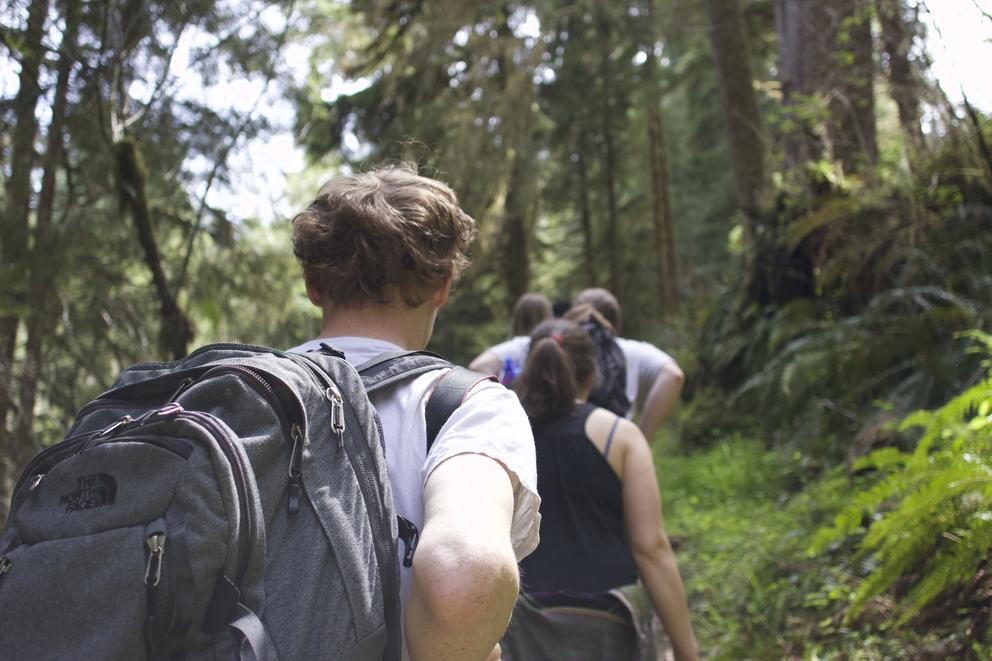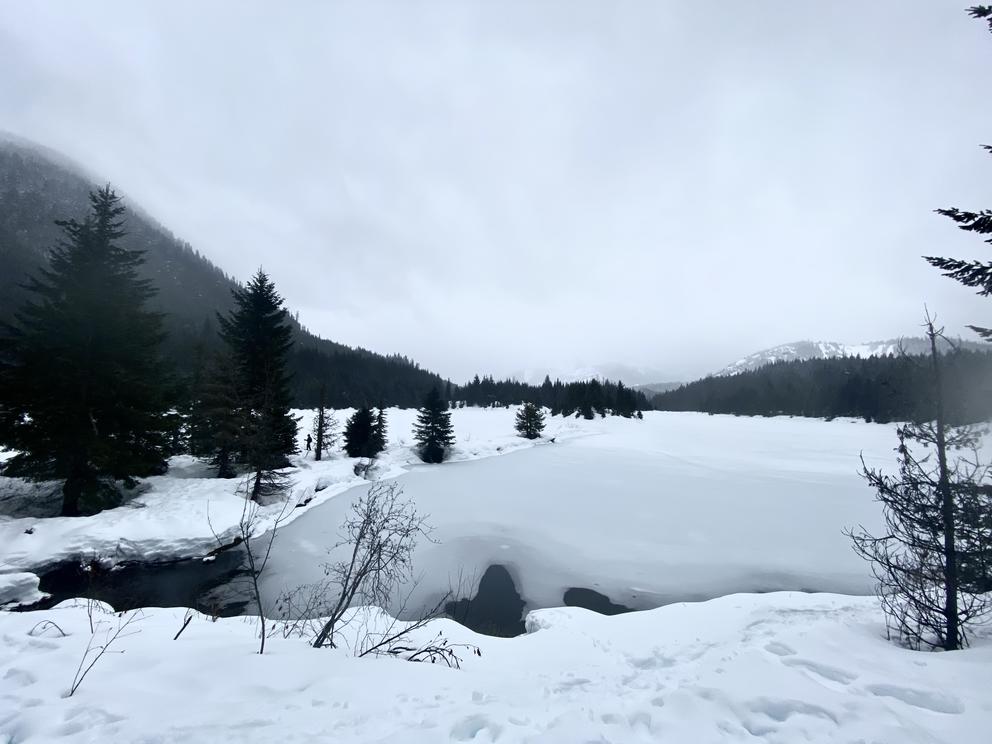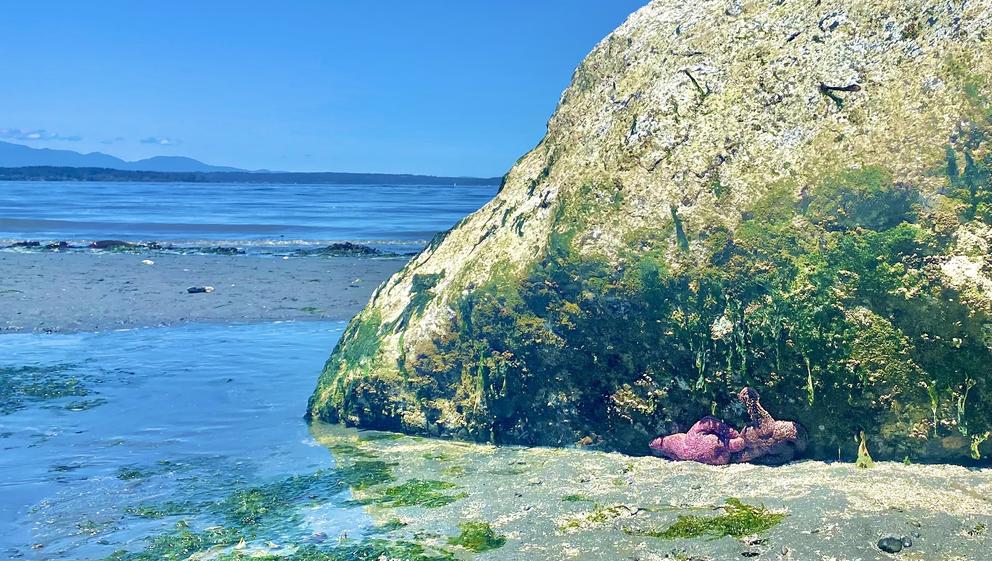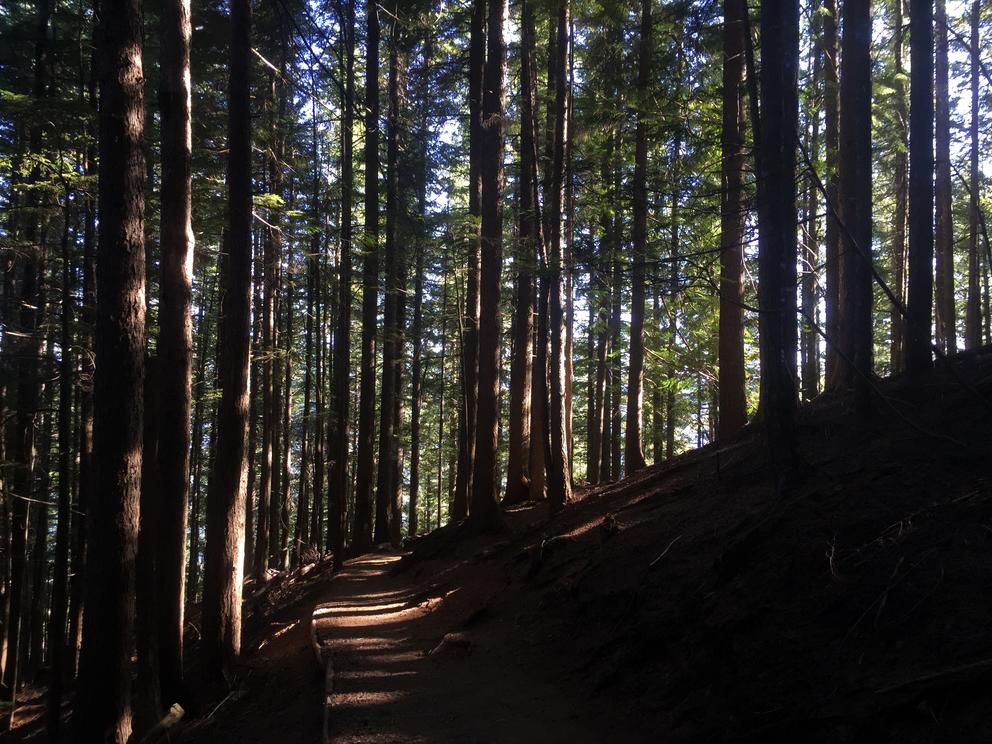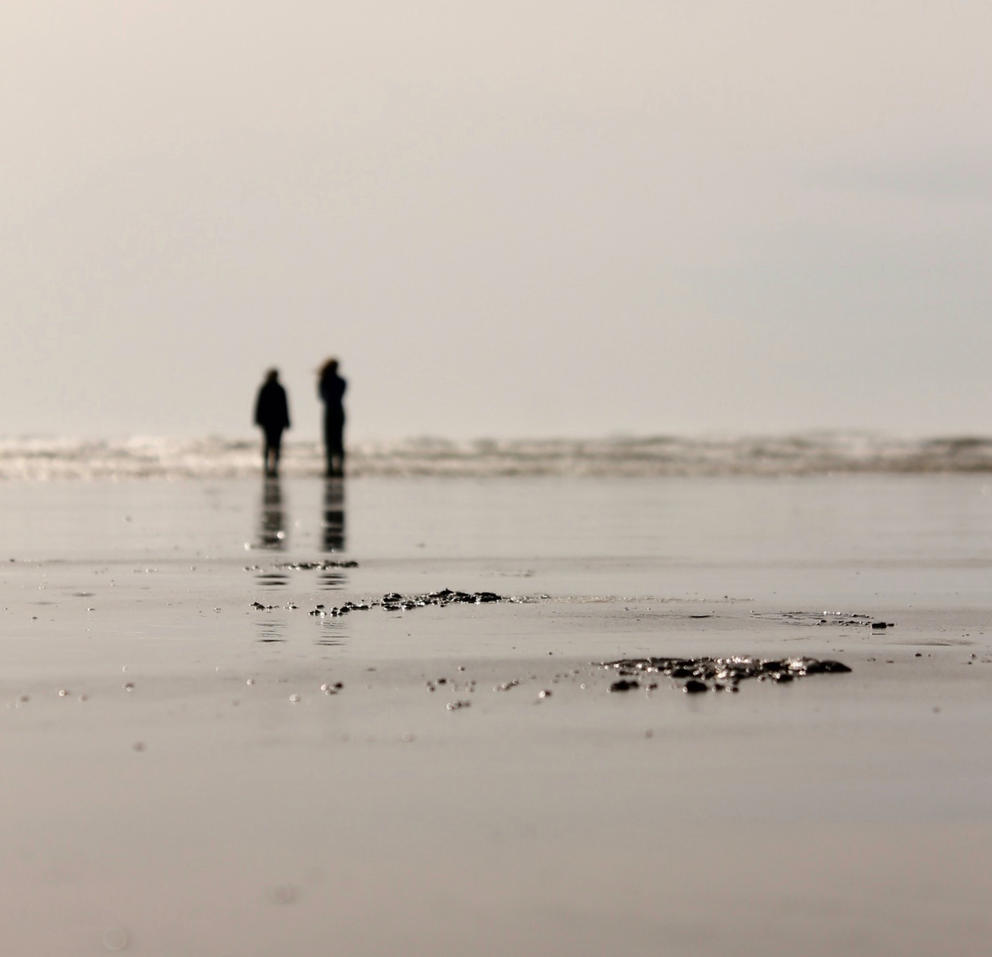Next to “cost of living” and “housing availability” or even “bikeability,” “lack of nuisance insects” might not seem like a priority when deciding where to live. But as someone from Ohio who spent her summers as one large, mobile mosquito bite even in urban areas, knowing I wouldn’t have to lather myself in a slick of DEET every time I left the house was hugely attractive when I was considering where I wanted to live. I love spending time in nature, and between Seattle’s easy access to trails, temperate weather, lack of bugs and a whole encyclopedia’s worth of other environmental perks, I was hooked as soon as I visited.
But since I started covering Pacific Northwest environmental issues for Crosscut nearly three years ago, I’ve learned that many of the perks that drew me here are under threat, mostly because of climate change and the human development that exacerbates it.
In a recent article, I explored why Washingtonians (especially west of the Cascades) may have to be more vigilant about insects like mosquitoes and ticks as the climate changes. We have relatively few nuisance insects in our neck of the woods, especially compared with eastern Washington and especially with places like Miami or Houston. But a recent analysis of U.S. cities’ environmental conditions found Seattle’s summers have gained about an extra month of “mosquito days” — days when the temperature range and relative humidity help mosquitoes grow quickly and induce them to bite more — over the past four decades.
Mosquitoes need habitat, water and infected host animals to really get a virus like West Nile off the ground, but changing conditions in our region have already received the attention of public health entomologists and researchers, who are trying to forecast just how much more disease — let alone itchy rashes — we may face as a result of hotter, longer summers. Pest management is notoriously underresourced in the U.S., and that’s something that may come back to bite us.
Already deflated by this news, I’ve been thinking back to other (related) things we’re grappling with: excess heat, wildfire smoke, sea-level rise and more. As the certainty of the environment I moved here for falls into question, the things I don’t love about Seattle come into focus: the huge wealth disparity, the housing crisis, the sunless winters, the lack of diversity in many neighborhoods.
But rather than feeling encouraged to escape to greener pastures (an option many people can’t even consider), this apprehension about the future makes me feel even more committed to my work. I joined Crosscut because I wanted to help keep my community informed, connected and engaged in making Seattle a great place to live and thrive. The longer I stay, the more conscious I become of how fragile our lives here are — and how much more important it is to report on and interrogate how we’re handling climate change, so that we can protect the things we love about this place for the health and well-being of humans and wildlife.
If you have questions about what parts of our lives are at stake because of climate change and what you can do to help, please reach out to me at hannah.weinberger@crosscut.com. My inbox is always open.
This story was first published in Crosscut's Weekly newsletter. Want to hear more from reporters like Hannah Weinberger? Sign up for the newsletter, below.
Get the best stories of the week
This weekly newsletter dives deeper into one story and how it was reported, along with curating the best stories of the week.

